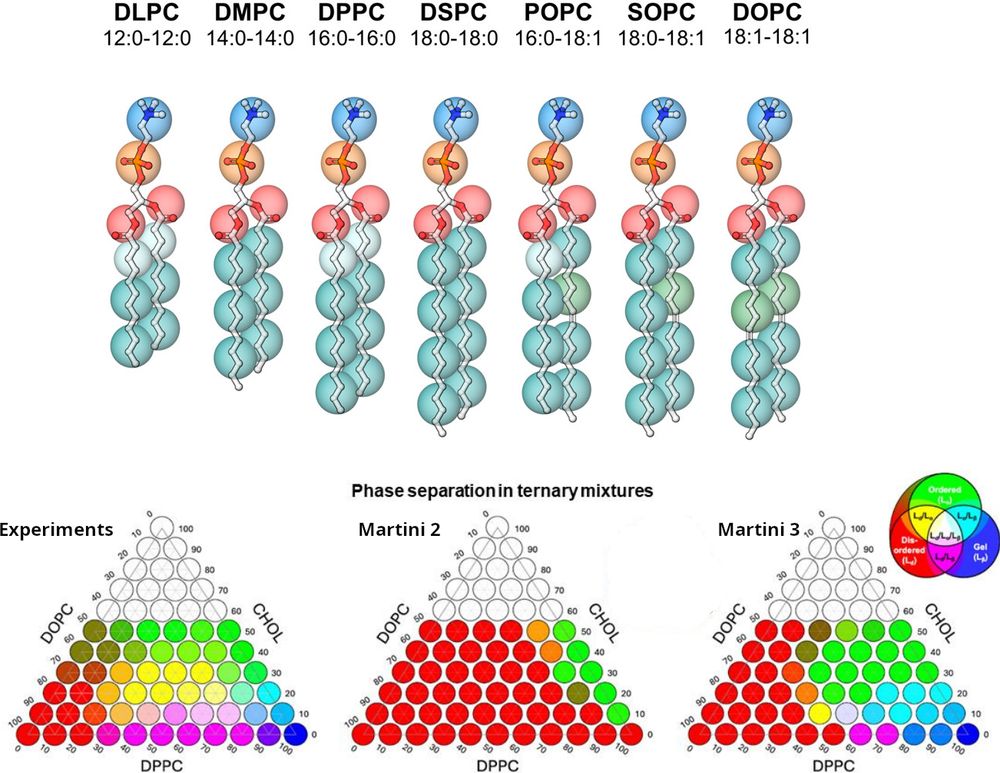
Department of Applied Science and Technology (DISAT)
Politecnico di Torino, Italy
https://www.gmpavanlab.com
Not much!😲
See @natcomms.nature.com our work on the collective resilience of dynamical supramolecular polymers!🚀
www.nature.com/articles/s41...

Not much!😲
See @natcomms.nature.com our work on the collective resilience of dynamical supramolecular polymers!🚀
www.nature.com/articles/s41...
Building on abstract concepts of local fluctuations & their correlations in space & ⏱️, #LEAP provides, in agnostic & purely data-driven way, info on the internal physics of complex dynamical systems from the atomic- to the macro-scale!🤩
academic.oup.com/pnasnexus/ad...

👉 Read the full preprint here: chemrxiv.org/engage/chemr...

👉 Read the full preprint here: chemrxiv.org/engage/chemr...
In #ArXiv we propose the concept of “optimal spatiotemporal resolutions”!🤯
We demonstrate how any system/data has its own to be best studied/characterised & how to learn these directly from the system’s data!🚀
arxiv.org/abs/2412.13741

In #ArXiv we propose the concept of “optimal spatiotemporal resolutions”!🤯
We demonstrate how any system/data has its own to be best studied/characterised & how to learn these directly from the system’s data!🚀
arxiv.org/abs/2412.13741
In our last Arxiv preprint we challenge this assumption:
arxiv.org/abs/2412.094... 🚀🤩
#AcademicSky
#AcademicSky
In our last Arxiv preprint we challenge this assumption:
arxiv.org/abs/2412.094... 🚀🤩

In our last Arxiv preprint we challenge this assumption:
arxiv.org/abs/2412.094... 🚀🤩
Nano onions based on an amphiphilic Au3(pyrazolate)3 complex
Severin* (EPFL)
Solea et al, Nanoscale, 10.1039/D4NR03901G
#ChemSky #Science #NanoSky


